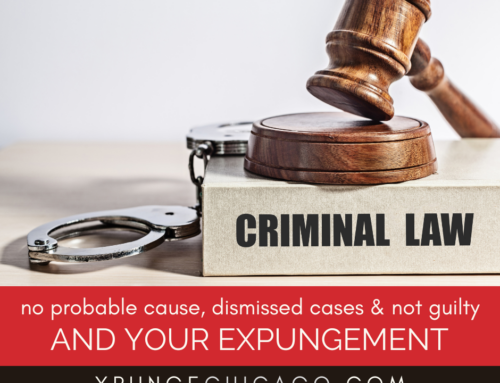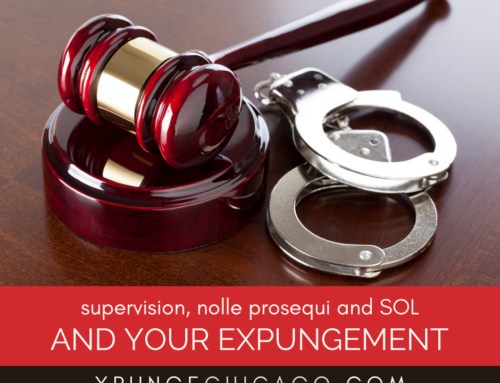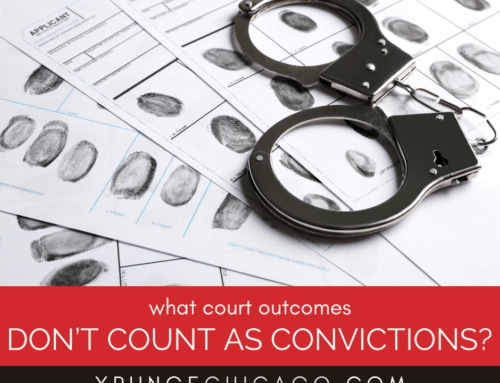
If you’re like many people, you don’t want your criminal record sticking around to haunt you long after you’ve changed your life. Fortunately, you have options.
How Do I Expunge My Record in Illinois?
It’s possible to expunge your criminal record in the state of Illinois. Expungement is the process of asking the court to clear your record and give you a fresh start.
However, not all criminal records qualify for expungement. In fact, you usually can’t clear any convictions from your record through expungement (though those same records may be eligible for criminal record sealing – more on that later).
If you qualify, you must get your complete criminal record and fill out the appropriate forms. Then, you pay a filing fee and take them to the Clerk of Court in the county where your records exist. (If you have records in multipole counties, you must file for expungement in each of them.)
Then, your expungement makes its way to all interested parties – such as the law enforcement agencies that have your records – for recommendations. Finally, it ends up on a judge’s desk. If you’re denied an expungement, you may be entitled to a hearing. At that hearing, you have one final chance to explain why you deserve a criminal record expungement.
Many people find it useful to work with a criminal record expungement attorney in Chicago or elsewhere in Cook County. That’s because the expungement process can be confusing, and it takes several months for a judge to issue their decision. Working with an attorney means you don’t have to worry about making minor errors on your paperwork that could get your case kicked back. It also means you have someone in your corner, fighting for you every step of the way. In fact, your attorney can even represent you if you’re entitled to a hearing because someone along the line wants to deny your petition.
Related: Does a criminal record stay with you forever?
Is it Possible to Expunge All Records?
Not all records qualify for expungement. In fact, convictions typically don’t qualify; they usually only qualify for criminal record sealing, which is another process with a similar result.
However, arrests that never led to convictions are eligible for expungement. That means if you were arrested and accused of a crime, but a court never convicted you, you may expunge that entire incident from your criminal record. That’s true even if you went to trial and were found not guilty of committing a crime.
Related: The complete guide to expunging your FBI record
What if My Record Doesn’t Qualify for Expungement?
If your record doesn’t qualify for expungement, all hope isn’t lost. You may be eligible for criminal record sealing, which is very similar to expungement. The main difference is that when you have your record expunged, the agencies that have it destroy it or return it to you. If your record is sealed, the agencies that have it hang on to it; they just don’t let anyone see it except in special circumstances. For example, sealed records will come up on fingerprint based background checks, and they’ll be available to those working in the criminal justice system, including police, judges and those working in an official capacity for the courts.
Related: How long does it take to seal a criminal record in Illinois?
What Happens After My Record is Expunged?
after a judge agrees to expunge your criminal record, the court will send an order to the agencies that have it. The order will direct them to destroy your record or return it to you. After those agencies destroy your record, it no longer exists. It’s like the incident never happened.
Do You Need to Talk to an Attorney About Expungement or Sealing?
If you’re tired of your criminal past coming back to bite you, we may be able to help. Call us right now at 847-920-4540 or fill out the form below so we can talk about your case.
Oops! We could not locate your form.














